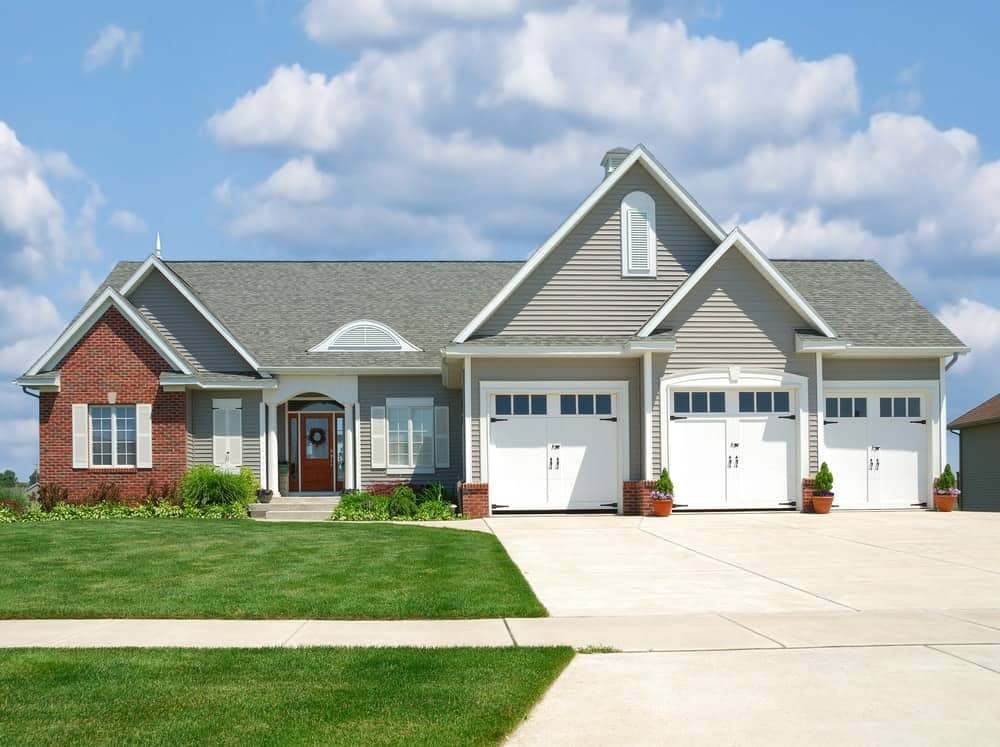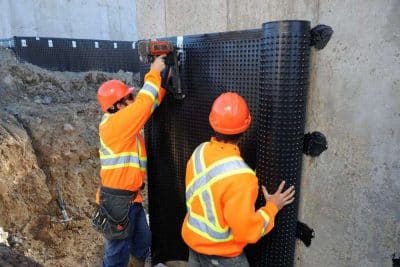The exterior appearance of a property plays a crucial role in the first impression it leaves on visitors, and it all begins with the driveway. The driveway is the first visible element of a home or business and sets the tone for the entire space. Regardless of the material used, every driveway requires a certain level of maintenance. Some driveways, such as those made of concrete or pavers, are easier to manage, but with the right equipment and materials, any type of driveway can be kept in optimal condition to look impeccable.
There is a wide range of options when it comes to driveway materials, each with its own advantages and disadvantages. The right choice depends on factors such as durability, maintenance costs, the desired aesthetic, and weather conditions. In the following sections, we will explore 6 types of driveways and the maintenance involved for each, to help you make the best decision for your property.
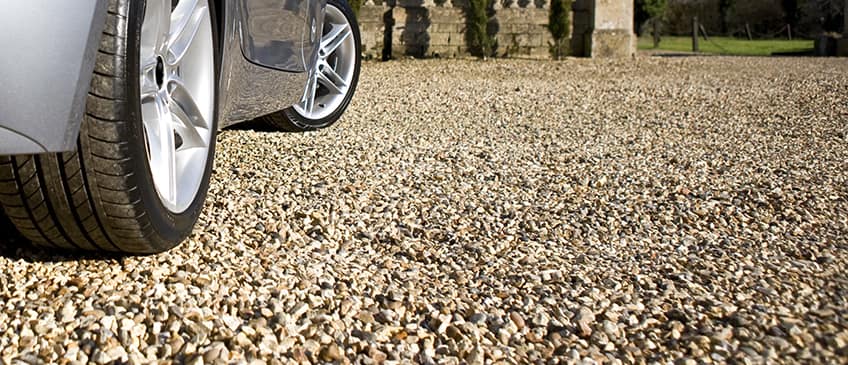
1. Gravel
Gravel is a common driveway material because it is inexpensive and effective. However, it requires a lot of maintenance compared to other types of driveways. When gravel shifts and water starts to pool in areas of your gravel driveway, potholes will begin to appear. With maintenance, they will get better quickly.
Unless you scrape off the top layer around the area where a pothole is forming, it will always be prone to developing another pothole. Raking gravel into the hole will not fix the problem. The easiest and most effective method to repair a gravel driveway is to use a skid steer grader attachment.
You can use a skid steer grader attachment with any machine that can use quick attachments, such as a skid steer or tractor. With this attachment, you’ll have a high-quality grader that can fix potholes and smooth your driveway. Gravel driveways can also get pretty weedy, but removing weeds with your skid steer attachment is simple.
If you live in a northern climate with snow, leave at least an inch of snow on your driveway. This way, you’ll avoid moving gravel onto the lawn, which is a lot of work to clean up in the spring. In addition, gravel will provide more traction with some snow on top of it than a concrete driveway will.
2. Crushed Stone
Crushed stone is relatively inexpensive, making it a popular choice. It is similar to gravel, but unlike naturally occurring gravel, crushed stone is manufactured by crushing stone. It looks great in any environment and comes in many colors.
Crushed stone shifts even more than gravel, but you can employ many of the same techniques you would use to maintain a gravel driveway. With crushed stone, it is more important to have an edging to keep the stone in its place.
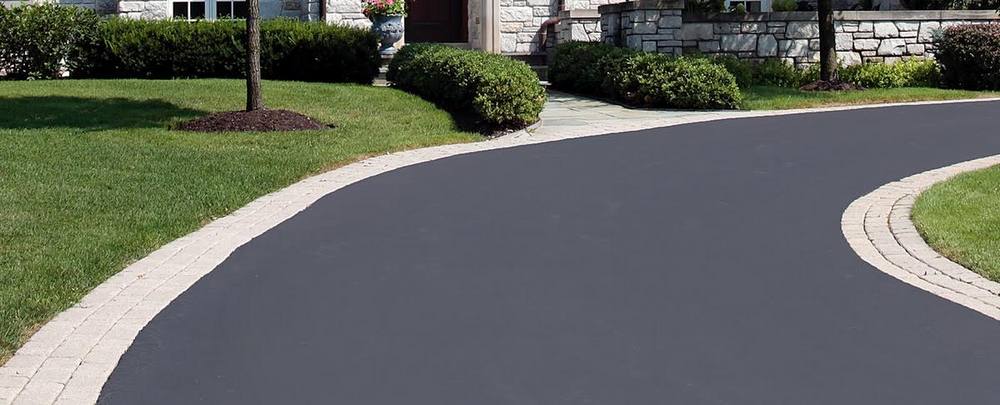
3. Asphalt
Asphalt driveways can last up to 25-30 years if they are well-maintained. With asphalt, it’s essential to take preventative measures and repair cracks when they develop.
Maintenance of asphalt driveways involves close inspection and regular maintenance. Water is the biggest enemy of asphalt, and if you see it puddling on your driveway, you need to take action.
Other materials that can destroy asphalt are oil, antifreeze, and some de-icing agents: clear leaves, dirt, and debris off your asphalt driveway to prevent staining. Seal-coating is recommended every three years to fill cracks and keep the appearance looking top-notch.
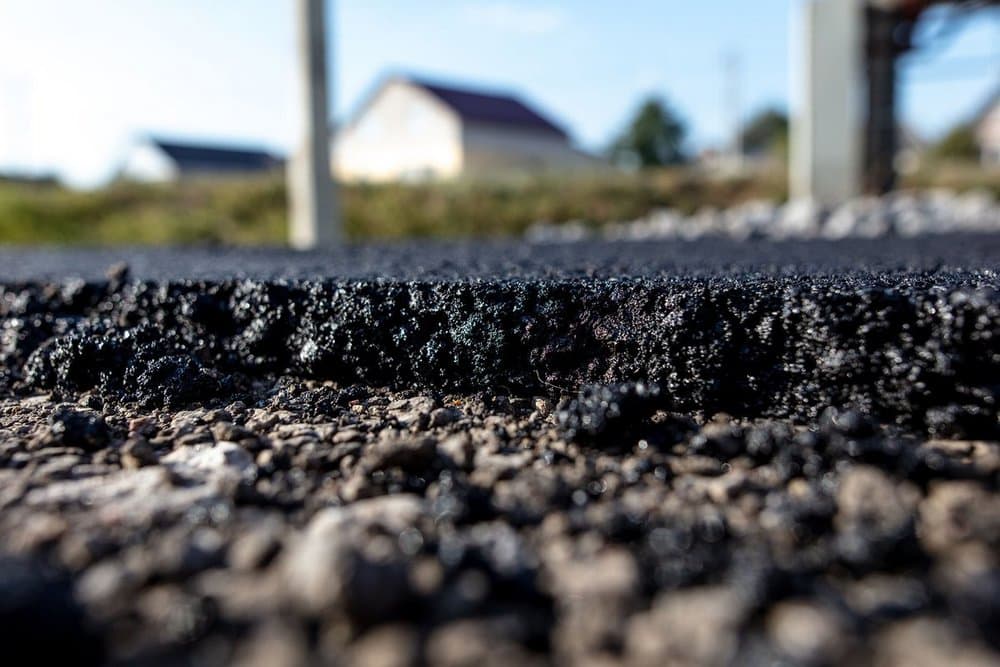
4. Tar and Chip
Tar and chip driveways are similar to asphalt driveways. With an asphalt driveway, the tar and aggregate are combined and then applied to your driveway, but with tar and chip, the hot tar is poured over a gravel base.
Tar and chip driveways aren’t as slippery in the winter as concrete or asphalt, and they can be installed over any existing driveway in decent condition. Tar and chip driveways last about 7-10 years, but they might need repairs in as little as five years.
Repairing tar and chip driveways is messy, but you can do minor repairs yourself. First, thoroughly clean the area to be fixed with a power washer. Then apply gravel filler and sealer. You can also have your driveway resealed every few years so it will look better and last longer.

5. Brick and Pavers
Brick and paver driveways are one of the more expensive types of driveways to install, but they are one of the easiest to maintain. You should regularly sweep them to remove debris, as accumulated dirt can be difficult to remove. You can remove oils and other staining liquids with dish soap and a bit of scrubbing.
Remove weeds as soon as they are noticed. You can use boiling water or salt to kill them or remove them by hand. If cracks start to appear, you should fill them with polymeric sand, which holds the bricks together and prevents weed growth. Seal your brick or paver driveway every few years to protect it from the weather.
6. Concrete
Concrete driveways are one of the most popular because they are less expensive to install than bricks or pavers. In addition, concrete is easy to maintain and lasts longer than any other type of driveway. It is also a versatile material that can be stained, shaped, sealed, and painted to achieve any look you want.
As with asphalt, water is the enemy, which is why driveways are installed with a slope. Fill cracks as soon as possible because water that gets in will expand when it freezes, causing the crack to widen.
Plow the snow carefully and protect the edges of your driveway if you live in a northern area. Avoid using de-icing salt, which causes corrosion. Instead, sealing your concrete driveway every 2 to 5 years is recommended to protect it from natural wear and tear.
All Driveways Need Maintenance
There’s no such thing as a maintenance-free driveway. Regardless of the material or design, all driveways require regular attention to stay in top shape. If you’re aiming to boost your property’s curb appeal, simply installing a beautiful driveway is only the first step. To ensure your investment stands the test of time, you need to commit to ongoing care and maintenance. This involves regular cleaning, timely repairs, and periodic sealing to protect it from the elements. A well-maintained driveway not only enhances the visual appeal of your home or business but also contributes to its long-term durability, making it a valuable asset for years to come.
Remember, a driveway is more than just a practical feature—it’s part of the first impression your property gives. By staying proactive with maintenance, you can ensure it continues to look great and serve its purpose effectively.
